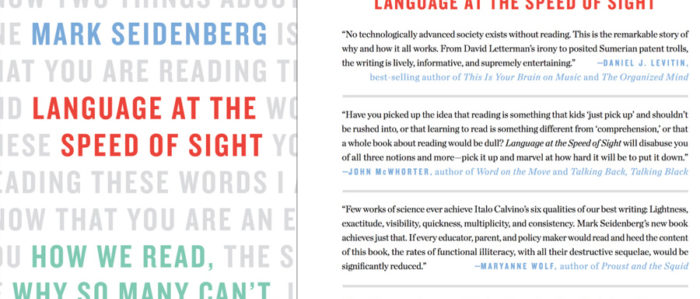In The Atlantic: Patricia Devine on implicit bias and how discrimination ends
Trainings and workshops geared toward eliminating people’s hidden prejudices are all the rage — but many don’t work. Now Patricia Devine, the UW-Madison psychologist who made the case for "implicit bias" wants to cure it.
Analysis: Gender differences in depression appear at age 12
An analysis just published online has broken new ground by finding gender differences in both symptoms and diagnoses of depression appearing at age 12. The analysis, based on existing studies that looked at more than 3.5 million people in more than 90 countries, confirmed that depression affects far more females than males.
In WalletHub: Paula Niedenthal on 2017's happiest places to live
Professor of Psychology Paula Niedenthal writes on what can cause individuals to feel happy or unhappy with where they live, their careers, and their lives.
Shining a light on trailblazing women
Psychology alumna Nancy Armstrong shares the stories of the modern American women’s movement to inspire future leaders.
Telling the tale of midlife in the United States
MIDUS is a national longitudinal study on aging explicitly focused on midlife, including transitions from young adulthood to midlife, and from midlife into old age. While there is a significant body of research that focuses on early childhood and “the twilight years,” what was missing prior to MIDUS was a thorough, in-depth study of what happens to people during midlife, the longest segment of the life course.
In The New York Times: ‘Language at the Speed of Sight’ Fights to Reopen Our Closed Book on Literacy
Mark Seidenberg, a veteran cognitive neuroscientist at the University of Wisconsin-Madison, makes a strong case for how brain science can help the teaching profession in his book, Language at the Speed of Sight.
In The Scientist: Retrieving Short-Term Memories
In a paper published on December 1, 2016 in Science, researchers from the University of Wisconsin–Madison and their colleagues provide evidence for a theory in which information can be stored in working memory in an inactive neuronal state. The team’s results suggest that there are multiple ways our brains store short- and longer-term memories, depending on expectations of when that information is likely to be needed.
Magnetic brain stimulation can bring back stowed memories
Psychology Professor Brad Postle’s lab is challenging the idea that working memory remembers things through sustained brain activity. They caught brains tucking less-important information away somewhere beyond the reach of the tools that typically monitor brain activity — and then they snapped that information back into active attention with magnets.
Some brains are blind to moving objects
As many as half of people are blind to motion in some part of their field of vision, but the deficit doesn’t have anything to do with the eyes. Professor of Psychology Bas Rokers investigates.
L&S Communications
South Hall, Bascom Mall
Madison, WI 53706
info@ls.wisc.edu










